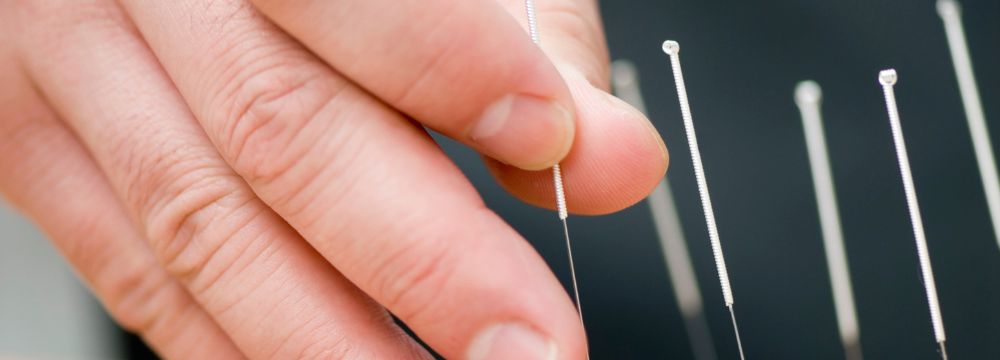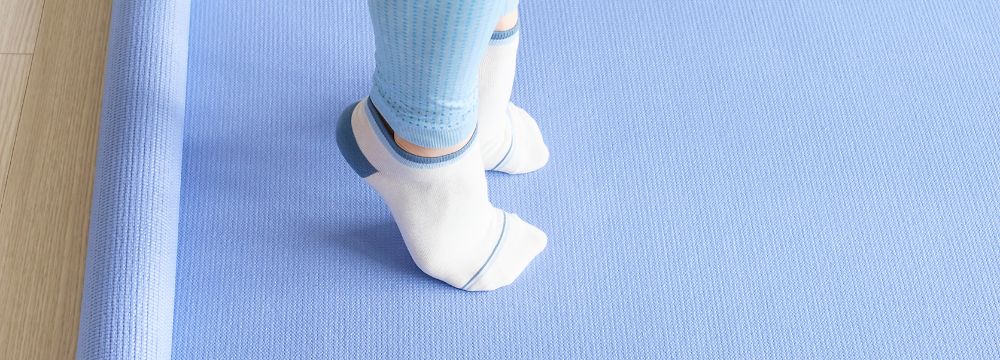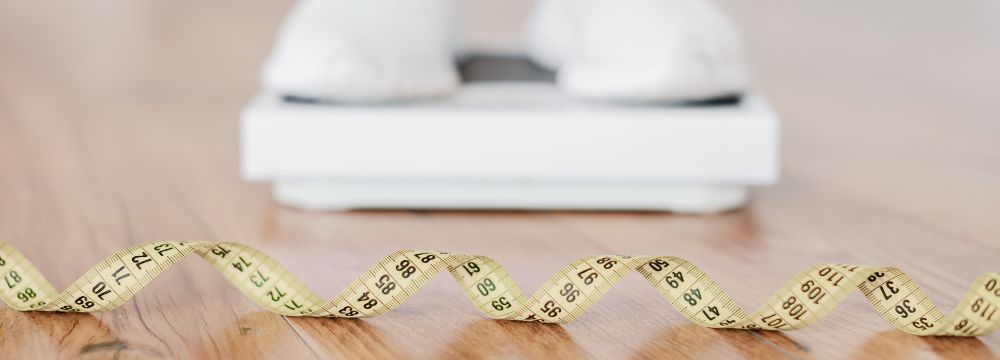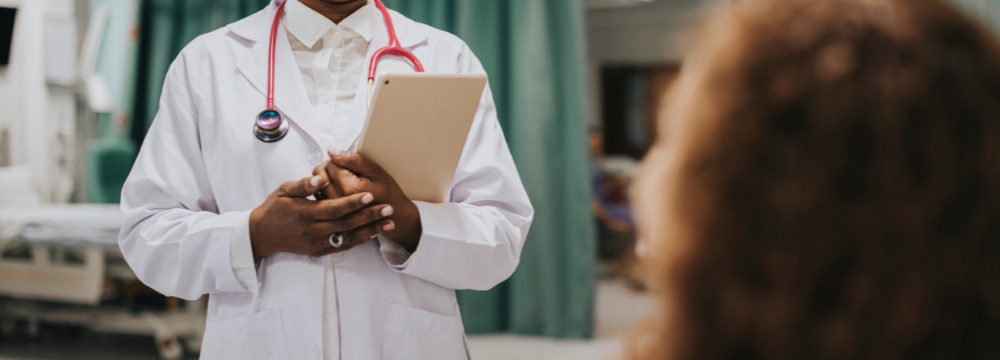 The unfortunate reality of modern-day society is that we have less time than ever. Whether it is self-imposed obligations or those expected of us from others, we seemingly have less and less time to devote to ourselves and to our health. The result is an increase in stress that has caused not only the mental health issues that we see every day but also physical ailments, not least of which are excess weight and obesity.
The unfortunate reality of modern-day society is that we have less time than ever. Whether it is self-imposed obligations or those expected of us from others, we seemingly have less and less time to devote to ourselves and to our health. The result is an increase in stress that has caused not only the mental health issues that we see every day but also physical ailments, not least of which are excess weight and obesity.
Often, the stress revolves around work and the expectation that we work longer and harder. The drive toward productivity seems never to end, and the result is that fewer Americans take their deserved time off, instead opting to be more productive and a “better employee.” For many, this means skipping meals to allow themselves a little extra sleep, working through their lunch break, or even coming home too late to have a proper dinner.
This often leads to a reliance on fast food to get through the day. But is this truly helpful, or does simply skipping a meal make more sense for someone trying to lose weight or even a bariatric patient heading toward their weight loss goals?
If we’re honest, this is a difficult decision for any bariatric patient and hard advice for a bariatric surgeon to give. Ultimately, we know that fast food is one of the several reasons why we as Americans are overweight and obese in such numbers. On the other hand, skipping meals can lead to severe overeating and ingesting hundreds, if not thousands, more calories than we should each week.
So, which is better? If we had to choose strategically, eating a fast-food meal on occasion is probably preferable to skipping meals. Let’s discuss why.
With the rise in excess weight and obesity, fast food companies have been pressured into creating healthier options. This is not to say that they are as healthy as a homemade equivalent, but they are certainly better than what was available a decade or two ago. This means we can often customize our meals and make them more nutritious. Some of these options include
- Keeping the cheese off
- Opting for a whole wheat bun, or no bun at all
- Asking for no salt on the meat patty
- Going for grilled instead of fried chicken
- Laying off the butter and condiments
- Opting for water instead of regular or even diet soda
- Finding a salad option and using dressing sparingly
By following some of the advice above, you can minimize the damage done at any given meal and, in some cases, even get close to what would be considered a healthy meal option.
Other Alternatives to Make This Easier
The draw of fast food is that it tastes good and is easy to get. But we bet there is a great cook inside you, even if you don’t know it yet. As such, we always suggest that our patients double or even triple their favorite recipes making enough on the weekend to get them through two or even three weekdays. Not only will you have something that you enjoy, but having it premade and either frozen or in the fridge, allows you to prepare it quickly and bring it to work or enjoy it later at home.
If you decide to have fast food – let’s say you are traveling on a very tight schedule – it may be worth planning out where exactly you will eat and what you’ll have. Knowing what you’ll have takes the guesswork out of how you’ll feel when you roll up to the fast-food restaurant. Instead of choosing on the spot, you’ll have already made your choices, and it takes a lot less willpower to follow through with a predetermined plan than trying to control yourself there and then.
Enlist Friends to Help
If you are a workaholic in a high-stress work environment, some colleagues are likely in the same position as you. A buddy system where you look out for each other and discuss your eating plans, whether to maintain your weight loss after the bariatric procedure or trim a few pounds, is beneficial. Nothing is more motivating than staying accountable to someone you spend time with that shares your goals.
Ultimately, the choice between fast food and not eating is not binary. There are so many options today that we all have a choice. Sometimes there will be moments when you want to indulge, and it may include a splurge that is not on your bariatric diet. This is perfectly normal, and a single splurge will not hurt you. If anything, it doesn’t deprive you of everything that you like. The key here is to plan as best you can and be sure you can bounce back quickly.
Of course, any patients who feel like they are stumbling or cannot recover from a less-than-ideal eating stretch should employ the resources at our office, including our nutritionist, that can help them get back on track. Most importantly, don’t be frustrated in silence; talk about any problems you may have so that we can work together to overcome them and keep you on track.









